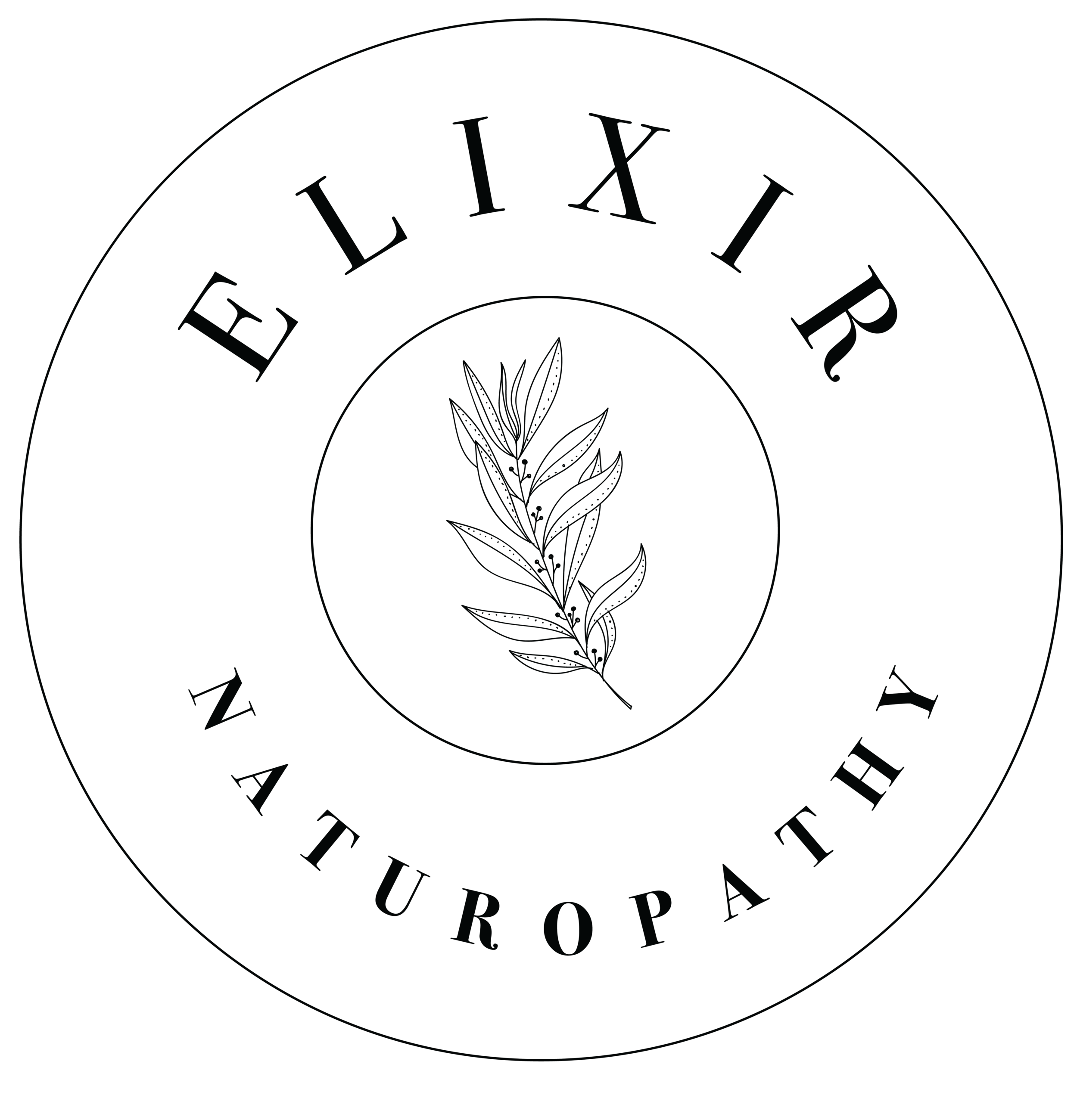The Role of Iodine in Thyroid Health
Iodine is an essential trace mineral integral for the formation of thyroid hormones, which are needed for growth and development and metabolic processes throughout the body.
An essential trace mineral, means that the body cannot produce iodine itself and thus needs to obtain it from the diet.
Natural dietary sources include fish, oysters, eggs and seaweed. When ingested, dietary iodine is in the form of iodide which is converted to iodine in the body and taken up by the thyroid. In foods fortified with iodine like bread and salt, iodine is in the form of iodate which requires glutathione (the body's master antioxidant) in the digestive tract to be converted to iodine. It has been hypothesised that a diet high in fortified foods could deplete intestinal glutathione which is needed for gut defence leading to inflammation and leaky gut. Furthermore iodized salt is a poor source of iodine as only 10% of the iodine is absorbed.
Iodine Intake
The recommended daily intake of iodine for the average adult is 150mcg/day. This requirement increases in pregnancy (220mcg/day) and lactation (270mcg/day). To put this in perspective, 6 oysters contain roughly 144mcg iodine and one steamed fillet of snapper 50mcg. However given the increase in exposure to certain halide chemicals including fluoride, bromine and chlorine it has been argued that this requirement is now much higher.
While the thyroid has the highest concentration of iodine, other areas of the body also accumulate iodine, including breast tissue, salivary glands, the ovaries and kidneys.
The function of the thyroid is to uptake iodine from the diet in response to thyroid stimulating hormone (TSH) produced by the pituitary gland in the brain. Iodine is taken up through the energy dependent sodium iodide symporter. This symporter also requires oxygen, iron and glutathione. Once inside the thyroid iodine is combined with the amino acid tyrosine to form thyroid hormones T1, T2, T3, & T4 depending on the molecules of iodine attached. In this process a compound called delta iodolactone is also produced. Delta iodolactone is a regulator of cellular apoptosis (programmed cell death). When the body has enough circulating free T3 then the pituitary gland will reduce the amount of TSH and the thyroid will stop absorbing iodine.
Iodine Deficiency
A deficiency in iodine can lead to thyroid nodule formation (aka goitre), hypothyroidism and intellectual disability in infants and children whose mother was deficient during pregnancy. In the case of goitre or enlarged thyroid, the pituitary can be screaming at the thyroid to produce thyroid hormones by way of high TSH but if there is not enough iodide in the body the thyroid cannot produce thyroid hormone or delta iodolactone. Leading to cell growth with no cell death causing a goitre to form.
Other symptoms of iodine deficiency include:
Welling of the neck
Fatigue and weakness
Hair loss
Dry skin
Poor memory
However it's not always iodine deficiency that caused these symptoms. Other micronutrient deficiencies should also be ruled out such as iron, zinc and selenium.
Identifying a Deficiency
Since iodine is released through the urine, the best way to determine deficiency is through a 24 hour urinary iodine test. Iodine deficiency is defined as a median urinary iodine concentration less than 100μg/L in a nonpregnant population, or <150 μg/L in a population of pregnant women.
While iodine can be beneficial for thyroid disorders where a deficiency exists. It's particularly important to test before taking a supplement of iodine as too much iodine can cause problems. This is particularly important in individuals with a thyroid disorder such as goitre, hyperthyroidism and autoimmune thyroid disease. Administration of too much iodine from dietary sources, supplementation or some medications can lead to a worsening of these conditions.
References:
Food Standards Australia & New Zealand, 2016, ‘Iodine in Food & Iodine Requirements,’ https://www.foodstandards.gov.au/consumer/nutrition/iodinefood/Pages/default.aspx
Nutrition Australia, 2010, ‘Iodine Nutritional Facts Sheet,’ https://www.nutritionaustralia.org/sites/default/files/Iodine_Printable%20PDF.pdf
American Thyroid Associate, 2020, Iodine Deficiency,’ https://www.thyroid.org/iodine-deficiency/
Dugrillon etc al, 1994, ‘Identification of delta-iodolactone in iodide treated human goiter and its inhibitory effect on proliferation of human thyroid follicles,’ Hormone Metabolism Research,
Melissa Briggs is an experienced Brisbane based Naturopath with a particular interest in women’s health and thyroid disorders. Need help with your health? Get in touch here.


